At first, the senseless November 2nd murders of two women at a Tallahassee, Florida, yoga studio may have seemed to be a random act of violence by a lone gunman. But it soon became apparent that the gunman (we refuse to use his name), who wounded four others and pistol-whipped a fifth victim before killing himself, was associated with a group—a men’s “movement,” some call it—whose targets are, simply, women.
The Tallahassee gunman reportedly had a history of harassing women and was twice arrested for groping. His social media accounts were strewn with sexist slurs and rants against “whores” and “slutty girls.” Among his numerous vicious video posts was a song threatening to “blow off” a woman’s head. And in another clip he referenced a misogynist mass murderer—and a martyr/hero to the subculture known as “incels.”
The Incel Movement: A Frightening Phenomenon
Incel, shorthand for “involuntary celibate,” pertains to a community of predominantly straight men who want sexual or romantic relationships but cannot seem to achieve them. Rather than internalize the perceived rejection, “Incels cast blame on women for their sexual troubles, suggesting that women are shallow and cruel,” explains Ross Haenfler, a sociology professor at Grinnell College and the author of Subcultures: The Basics. “They experience ‘aggrieved entitlement,’ anger and resentment based on a conscious or unconscious sense that they are not getting what they deserve.”
Incels cast blame on women for their own sexual troubles.
What these men consider their due goes far beyond sex, however. “Incels believe that a man should be the master of his own fate, and when they discover that they’re not, they make women the scapegoat for all their failings,” says Andrew Smiler, PhD, a Winston-Salem, North Carolina, psychotherapist and author of Dating & Sex: A Guide for the 21st Century Teen Boy. Failings, indeed: Many incels are believed to work low-level jobs or be unemployed. They also tend to describe themselves as unattractive by traditional standards and bemoan having little to no social life.
It might be comforting to think that there can’t be a lot of men who blame women for, well, everything. Only 16 percent of men reported having no sexual partners in the previous 12 months according to Centers for Disease Control and Prevention data, and it’s impossible to estimate how many of those might adhere to incel ideology. But more pertinent than the number of incels is how dangerous they might be. “It may seem to some people that this is a group of pathetic, victimized white males who just are lonely,” says Heidi Beirich, who tracks hate groups for the Southern Poverty Law Center (SPLC). “It’s not. It’s ugly.”
Strange Roots
Ironically, the term incel was first coined by a young woman who, in 1993, started a website to discuss sexual inactivity. Several years later she abandoned the site and the term, but it was appropriated—and distorted—by misogynists who often gravitated online to such popular platforms as Reddit forums and the message board 4chan (both known for uncensored musings on guy culture) to complain about their plight and degrade the imagined culprits.
Their struggle is expressed as pure hatred of women who seized their power; women who demean, deride or, just as bad, ignore them.
Though it seems odd that such men would self-identify by a term stolen from their enemy, experts are not at all surprised by their emergence. “Our culture has defined masculinity through the objectification and control of women,” explains Edward Morris, PhD, a sociology professor at the University of Kentucky. “Men are taught to view women as objects to possess rather than human beings to relate to, and to measure masculinity in large part through symbolic or real sexual conquests. Incels appear to struggle with that cultural message.”
Their self-pitying struggle is expressed as pure hatred of women as a whole—women, who seized their power; women, who demean, deride or, just as bad, ignore them. Yet while misogyny is nothing new, in the past men were apt to hide feelings of emasculation by women, lest they appear weak. The digital age changed all that.
Incels and the Internet
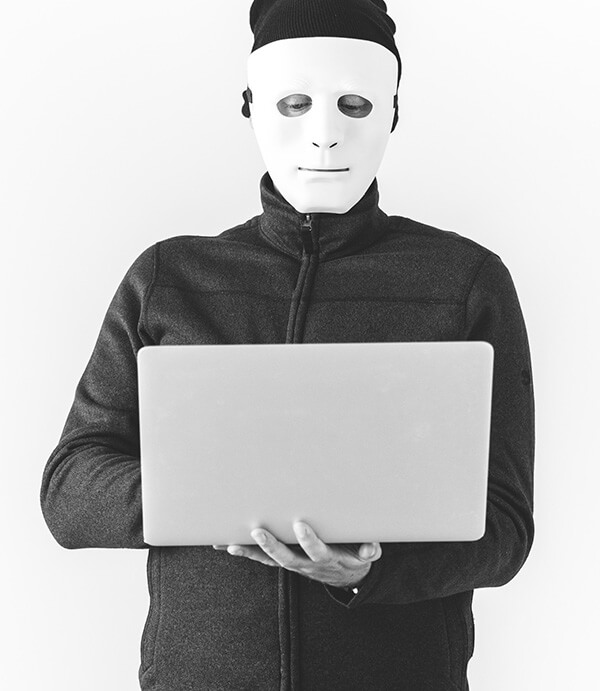
Image: rawpixel/Unsplash
Unbridled woman bashing won’t fly in the town square or at a cocktail party. It’s a different story on the internet. “What isn’t acceptable in face-to-face interactions may become acceptable online because the normative regulations are less calcified,” says Morris. “Deep-seated biases that often remain hidden or even unconscious can become unearthed online where the social structure is more open with less clarity on norms and punishments.”
Plus, when users hide behind avatars or alternate selves, no one knows who they really are—how easily anonymity breeds contempt. Disturbingly, anonymity allows them to hide in plain sight: the guy who bags your groceries, the technician who fixes the copy machine, the time bomb next door.
On the Internet, anonymity breeds contempt
The internet also provides a place for like to seek like and achieve strength in numbers—leading to mob mentality. “Men are able to find a community of other men online who share their experiences and frustrations and collectively protest their subordinate status,” says Morris.
Unfortunately, incels have done more than protest; some have advocated using mass rape as a weapon among other forms of violence against women. Beirich of the SPLC calls them “one of the most violent areas of the internet.” And the virtual world is leaking into the real world, with tragic results.
Their Fury Is Real
The real-world horror of incels has been gaining steam since 2009, the year a man (who described his sexual failures on his website) entered a health club near Pittsburgh, Pennsylvania, and started firing two handguns at an aerobics class, killing three women and injuring nine others before committing suicide. Five years later, another aggrieved man insisted “it was women’s fault for refusing to have sex with me”; he then embarked on a killing spree in Isla Vista, California, that left seven dead (himself included) and 13 injured. The following year another man killed nine people and injured eight others before killing himself at an Oregon community college; he, too, wrote about his social and sexual frustration, claiming that he was a virgin but “involuntarily so.”
Our political situation may fuel incel fire.
In April of this year, a Canadian man lauded the Isla Vista killer in a Facebook post, declaring the “incel rebellion has already begun” before allegedly driving a van into a crowd in Toronto, Canada, killing 10 people (he is now awaiting trial). Next came the Tallahassee attack, which took the lives of physician Nancy Van Vessem, MD, 61, and student Maura Binkley, 21 — two innocent people who perhaps had nothing in common besides a yoga practice … and the fact that they were female.
Sadly, our political situation—with a commander in chief who boasted about grabbing women by the genitals, claiming he had the power to do so—may fuel incel fire. “The current American President provides cover for a variety of hateful sexist, racist and xenophobic messages,” says Haenfler (who points out, as do other experts, that incels also rail against immigrants, people of color, members of the LGBTQ community—any group whose efforts toward empowerment threatens them). “There’s also the more commonplace sexism on display during the Kavanaugh Supreme Court hearings. The climate invites incels to express extremely vile opinions without much repercussion.”
What’s Being Done?
“While only a handful of incels commit mass murder, middle-class and upper middle-class women—who have long assumed a level of safety and security—are recognizing that they’re not really safe,” says Smiler. “This violence against women is random and may show up anywhere you might commonly find yourself.” The gym, the mall, the park—basically any public place is vulnerable to incel attack, and those who track and report on hate group activity have not found law enforcement, from local police to the FBI, to be monitoring this insidious hate group.
The most reasonable counterattack is a relentless outcry against websites that allow incels to proliferate.
Still, there are ample incel-inhibiting ideas floating around. Some conservatives advocate rewarding religious virtues like abstinence. Some liberals and libertarians favor legalizing prostitution to reduce the stigma attached to paying for sex. Robin Hanson, a George Mason University economist, has even suggested the redistribution of sex, akin to the redistribution of wealth.
Perhaps the most reasonable counterattack is a relentless outcry against websites that allow incels to proliferate. “We should take a page from the anti-fascist activists who’ve done so much to kick back against the so-called ‘alt-right,’ working diligently behind the scenes to take away their platforms online,” journalist David Futrelle, who explores the online male supremacist movement on his blog, wrote in an op-ed for The Globe and Mail, indicating successful efforts to banish alt-right sympathizers from Twitter and Facebook and prevent their fundraising on PayPal and Patreon.
There’s been some self-policing, too, but progress has been slow. Last year Reddit shut down a 40,000-member incel forum but allowed another to fester freely.
Retaliation Through Education
Incels are unlikely to seek counseling (rejecting therapy being another ingrained hallmark of masculinity), but there is hope of curbing their toxicity if we focus on young people. “We need to overhaul what it means to be boys and men—and better yet, question the boxes in which we put boys and girls, men and women, while making trans and gender-fluid people invisible,” says Haenfler. “Many boys feel pressure to ‘prove’ their masculinity by hiding vulnerability, being tough and, too often, demonstrating their heterosexuality through sexual conquest of women.”
Smiler counsels teaching our sons and grandsons how to accept rejection. “In sports and school, the lesson is always, ‘try harder!’ but what’s useful when learning a skill isn’t the answer when you wish to win someone’s heart. Boys have to know it’s okay to be disappointed, and how to express that disappointment, so that being sad doesn’t get stuffed down and ultimately come back as anger.”
We need to overhaul what it means to be boys and men.
Remember our daughters’ role in the equation, too: “Raise girls to appreciate nice guys and send the right message about what is desirable,” Smiler says. “There’s a whole range of choices we make that reinforces or encourages behavior from nice guys, and it comes out in who you vote for, what activities you value and where you spend your money.”
He also urges finding teaching moments by using media literacy questions. “When watching TV or movies with kids, ask things like: ‘Which character would you like to be and why?’ and ‘What would you do in this situation?’” he says. “Remind them that life is not a movie. If a male character behaves in an unacceptable way and is rewarded, ask, ‘Would that happen in real life?’ Have an open conversation about it, and tie it into values about respect and equality.”
Bottom line, says Haenfler, “All adults—and I would especially call upon men—must teach boys to unlearn the more damaging aspects of masculinity, to not feel entitled to women’s attention and to respect all people.”


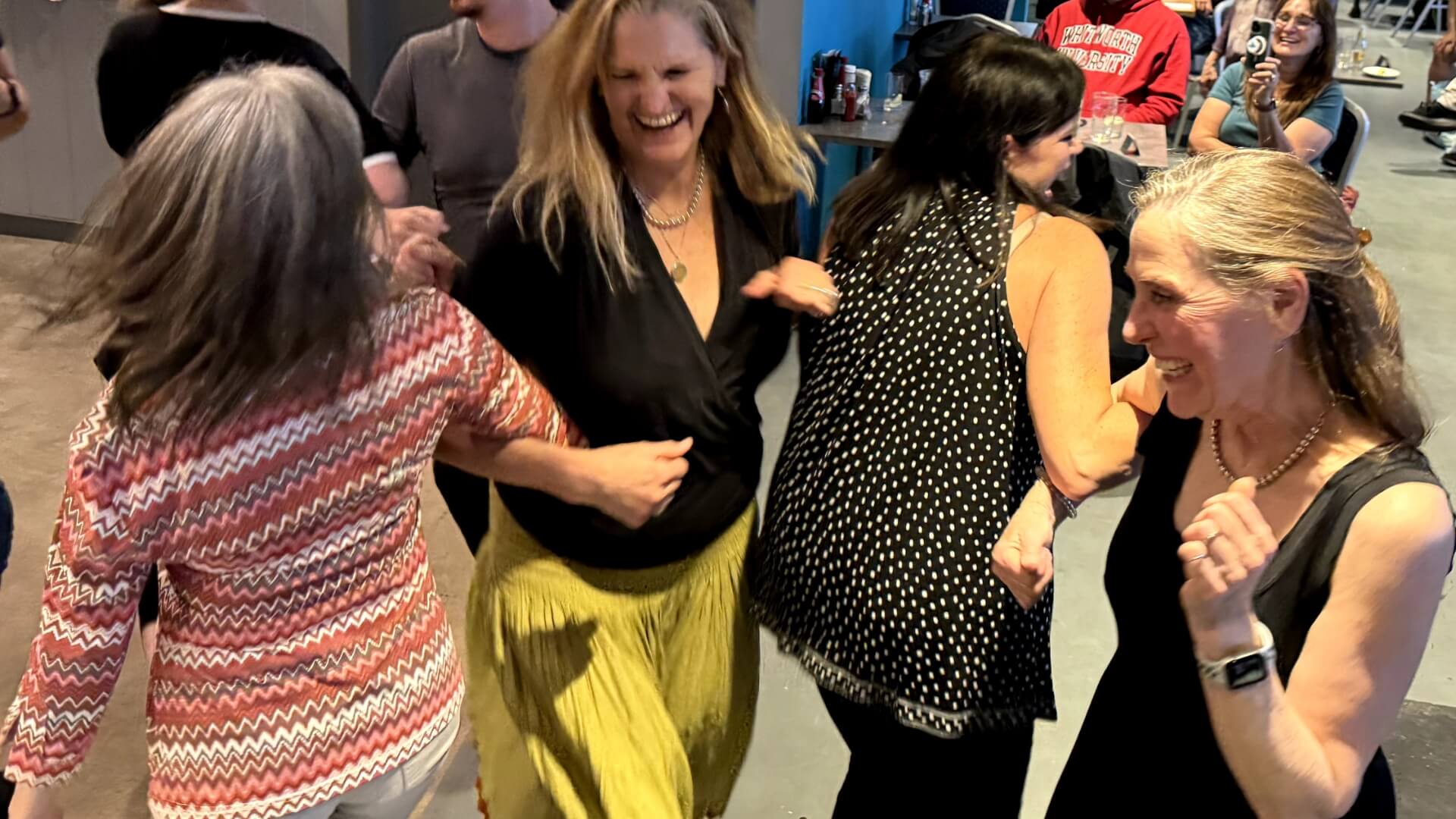





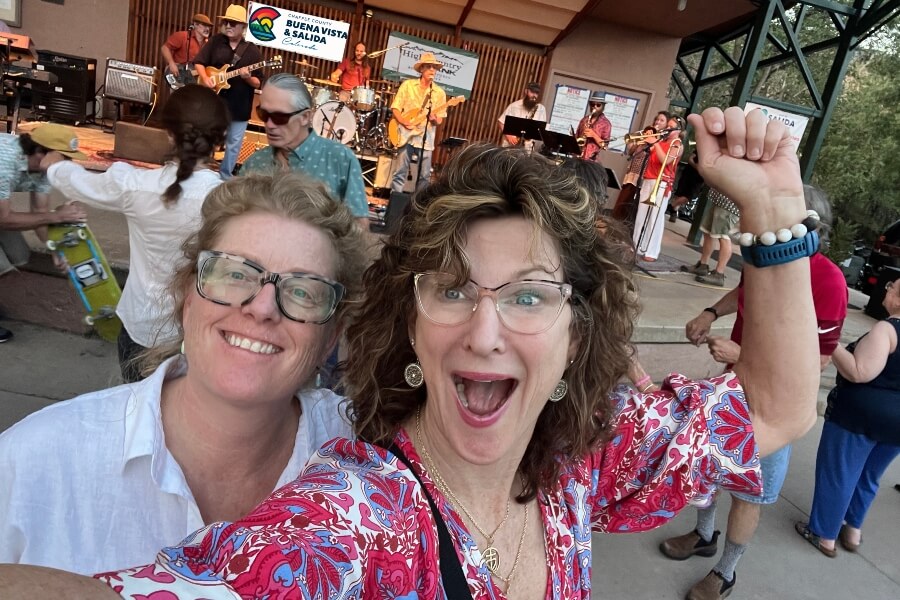








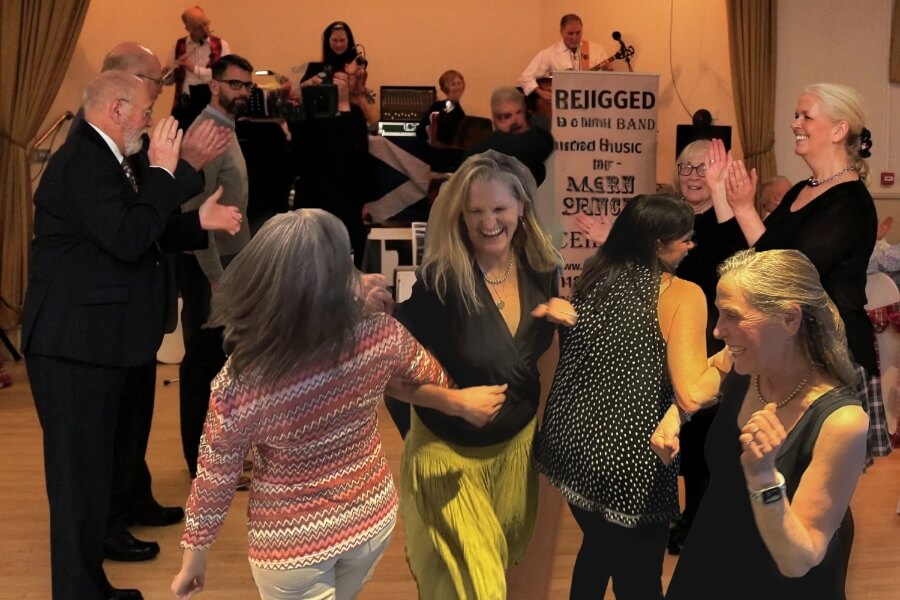

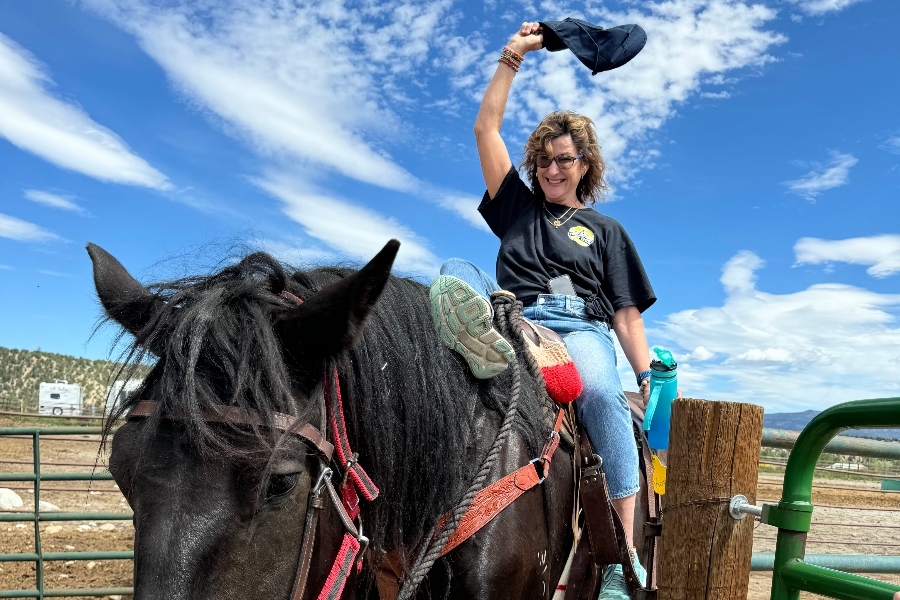


0 Comments